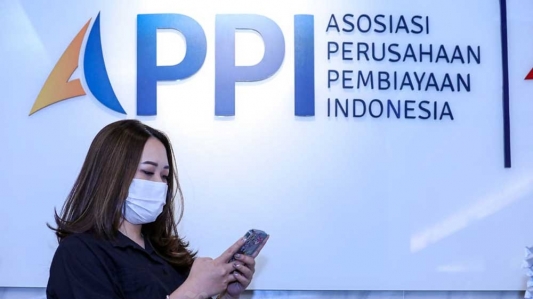July 27, 2023
APPI Optimistic Cs Car Loans Grow 15 Percent by the End of the Year

Bisnis.com, JAKARTA — The Association of Indonesian Financing Companies (APPI) projects that financing receivables such as car loans, motorcycle loans, and factoring can grow by 15 percent until the end of 2023.
This was conveyed by the Chairman of APPI Suwandi Wiratno when met at Wisma Bisnis Indonesia, Tuesday (25/7/2023).
"Optimistic [financing receivables grow] 15 percent, still optimistic, maybe the bottom line of 13 percent will definitely be achieved," said Kelvin.
According to Kelvin, the challenge facing the financing industry is the existence of a democratic party which will get warmer in the October 2023 period. This period is the registration of the President and Presidential Candidates as well as a marker of the axis of the political coalition being formed.
"In October, the fear is that there will be a slowdown because more people are going there [the 2024 election stages] than buying vehicles. If in the past it was, the purchase of vehicles increased before the election. But now we can't have election parades on the street," he said.
Previously, the Financial Services Authority (OJK) projected the growth of multifinance financing receivables by 15 percent until the end of 2023.
Based on data from the Monthly Reports of Finance Companies, the assets of finance companies as of May 2023 amounted to IDR 514.69 trillion, growing 15.83 percent on an annual basis (year-on-year/yoy) from IDR 444.35 trillion as of May 2022. Meanwhile, financing receivables grew to IDR 441.23 trillion from IDR 379.11 trillion as of May 2022 or grew by 16.38 percent yoy.
"Taking into account the realization of financing up to May, OJK considers that the growth target for financing receivables of 15 percent for 2023 is still quite realistic," said Chief Executive for Supervision of Insurance, Underwriting and Pension Funds at OJK Ogi Prastomiyono recently.
As for semester II/2023, growth is not expected to be as high as semester I/2023. With the end of the Covid-19 pandemic status, finance companies must be aware of changes in the risk profile of customers who are eligible to be financed during a pandemic because a portion of a percentage of income can be saved, for example transportation costs for workers/professionals.
"This situation directly or indirectly affects the delinquency rate of customers who have this fixed income," he said.
OJK considers that the ratio of non-performing loans (non-performing financing/NPF) may move slightly up but it is still concluded that the financing risk is still quite under control
"Meanwhile, the conditions and projections for national economic growth are positive, and of course there are still financing opportunities that can be utilized to encourage financing, especially for certain areas," concluded Ogi.